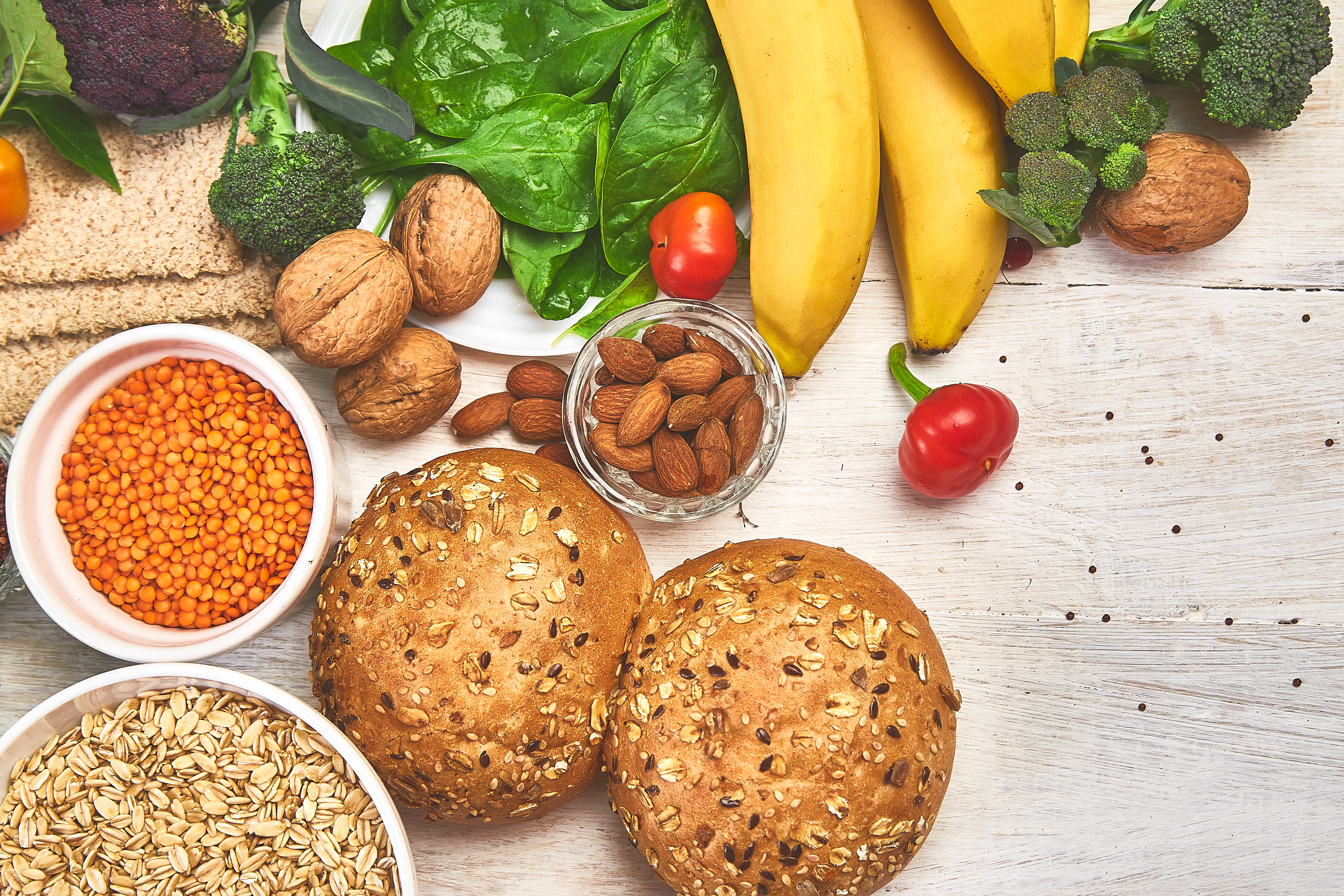Easy Daily Habits That Can Transform Your Gut Health
Habit 3: Fiber – The Unsung Hero of Gut Health

Dietary fiber is a crucial component of a gut-friendly diet. Found in fruits, vegetables, whole grains, and legumes, fiber promotes regular bowel movements and prevents constipation by adding bulk to stool. It also acts as a prebiotic, feeding the beneficial bacteria in the gut and supporting a diverse microbiome. A diet rich in fiber has been linked to a lower risk of developing chronic diseases such as heart disease, diabetes, and certain cancers. Incorporating a variety of fiber-rich foods into your meals is essential for maintaining a healthy gut. Soluble and insoluble fibers each play distinct roles in digestive health. Soluble fiber, found in oats, apples, and beans, dissolves in water and forms a gel-like substance that slows digestion, aiding in nutrient absorption. Insoluble fiber, present in whole grains and vegetables, adds bulk to the stool and helps food pass more quickly through the stomach and intestines. By consuming a balanced mix of both types of fiber, you're supporting optimal gut function and promoting a healthy microbiome. This habit not only benefits your gut but also contributes to overall health and longevity.
Habit 4: Embrace Fermented Foods for a Gut-Friendly Diet

Fermented foods are a potent source of probiotics and have been consumed for centuries across various cultures for their health benefits. Foods like sauerkraut, kimchi, miso, and kombucha are rich in beneficial bacteria that can enhance gut health by restoring and maintaining a balanced microbiome. These foods undergo a fermentation process that not only preserves them but also increases their nutritional value and digestibility. Incorporating fermented foods into your diet can provide a diverse array of beneficial microbes, supporting gut health and overall well-being. The fermentation process also produces bioactive compounds that have anti-inflammatory and antioxidant properties. These compounds can help reduce gut inflammation and protect against oxidative stress, which is linked to various chronic diseases. Regularly consuming fermented foods can improve digestion, boost the immune system, and enhance nutrient absorption. By making a habit of including these foods in your meals, you're actively supporting your gut microbiome and promoting a healthier digestive system. This simple dietary change can have profound effects on your gut health and overall vitality.
